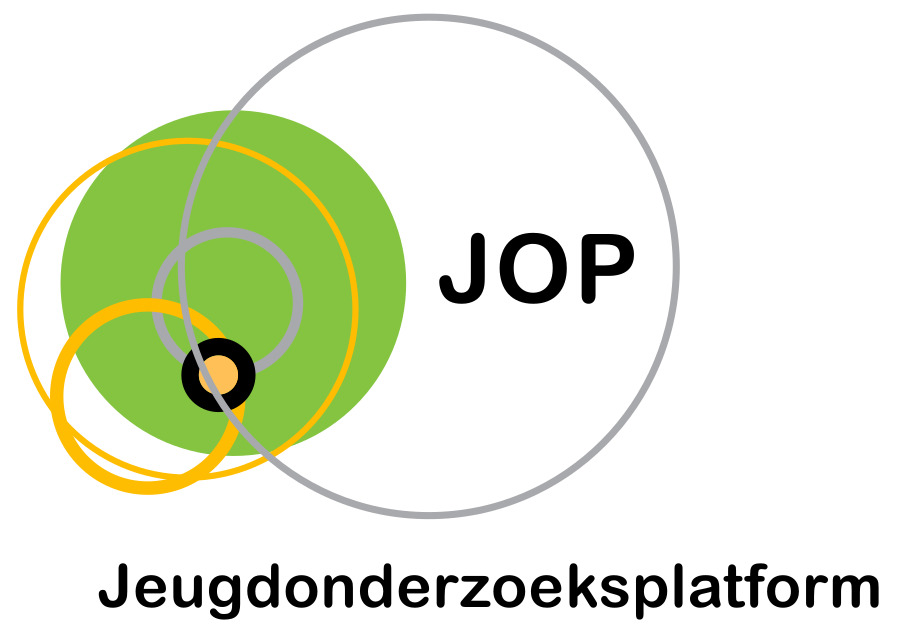How Adolescents Use Social Media to Cope with Feelings of Loneliness and Anxiety During COVID-19 Lockdown.
Auteurs
Cauberghe, V., Van Wesenbeeck, I., De Jans, S., Hudders, L., & Ponnet, K. (2020).

Abstract
Naast lichamelijke gezondheidsproblemen en economische schade, wordt verwacht dat de pandemie van de coronavirusziekte 2019 (COVID-19) en de bijbehorende lockdown-maatregelen die door regeringen van veel landen worden genomen, geestelijke gezondheidsproblemen veroorzaken. Vooral voor adolescenten, die sterk afhankelijk zijn van sociale contacten met leeftijdsgenoten, kan de langdurige periode van sociaal isolement nadelige gevolgen hebben voor hun geestelijke gezondheid. Op basis van de stemmingsmanagementtheorie wordt in de huidige studie onderzocht of sociale media gunstig zijn voor adolescenten om tijdens de quarantaine om te gaan met gevoelens van angst en eenzaamheid. Een enquête onder 2.165 (Belgische) adolescenten (13-19 jaar) testte hoe gevoelens van angst en eenzaamheid bijdroegen aan hun geluksniveau, en of verschillende copingstrategieën op sociale media (actief, sociale relaties en humor) deze relaties bemiddelden. Structurele vergelijkingsmodellering toonde aan dat gevoelens van eenzaamheid een grotere negatieve invloed hadden op het geluk van adolescenten dan gevoelens van angst. Angstige deelnemers gaven echter aan vaker gebruik te maken van sociale media om actief op zoek te gaan naar een manier om zich aan te passen aan de huidige situatie, en in mindere mate om contact te houden met vrienden en familie. Het indirecte effect van angst op geluk door actieve coping was significant positief. Deelnemers die zich eenzaam voelden, waren meer geneigd om sociale media te gebruiken om het hoofd te bieden aan het gebrek aan sociaal contact. Deze copingstrategie was echter niet significant gerelateerd aan hun geluksgevoelens. Humoristische coping was positief gerelateerd aan gevoelens van geluk, maar werd niet beïnvloed door eenzaamheid of angst. Concluderend kunnen sociale media worden gebruikt als een constructieve copingstrategie voor adolescenten om met angstgevoelens om te gaan tijdens de COVID-19-quarantaine.
Next to physical health problems and economic damage, the coronavirus disease 2019 (COVID-19) pandemic and associated lockdown measures taken by governments of many countries are expected to cause mental health problems. Especially for adolescents, who highly rely on social contacts with peers, the prolonged period of social isolation may have detrimental effects on their mental health. Based on the mood management theory, the current study examines if social media are beneficial for adolescents to cope with feelings of anxiety and loneliness during the quarantine. A survey study among 2,165 (Belgian) adolescents (13–19 years old) tested how feelings of anxiety and loneliness contributed to their happiness level, and whether different social media coping strategies (active, www.jeugdonderzoeksplatform.be 2 social relations, and humor) mediated these relations. Structural equation modeling revealed that feelings of loneliness had a higher negative impact on adolescents’ happiness than feelings of anxiety. However, anxious participants indicated to use social media more often to actively seek for a manner to adapt to the current situation, and to a lesser extent as a way to keep in touch with friends and family. The indirect effect of anxiety on happiness through active coping was significantly positive. Participants who were feeling lonely were more inclined to use social media to cope with lacking social contact. However, this coping strategy was not significantly related to their happiness feelings. Humorous coping was positively related with feelings of happiness, but not influenced by loneliness or anxiety. To conclude, social media can be used as a constructive coping strategy for adolescents to deal with anxious feelings during the COVID-19 quarantine.
Referentie
Cauberghe, V., Van Wesenbeeck, I., De Jans, S., Hudders, L., & Ponnet, K. (2020). How Adolescents Use Social Media to Cope with Feelings of Loneliness and Anxiety During COVID-19 Lockdown. Cyberpsychology, Behavior, and Social Networking, cyber.2020.0478.
Taal
Engels
Publicatievorm
Tijdschriftartikel
ISBN – DOI
10.1089/cyber.2020.0478
